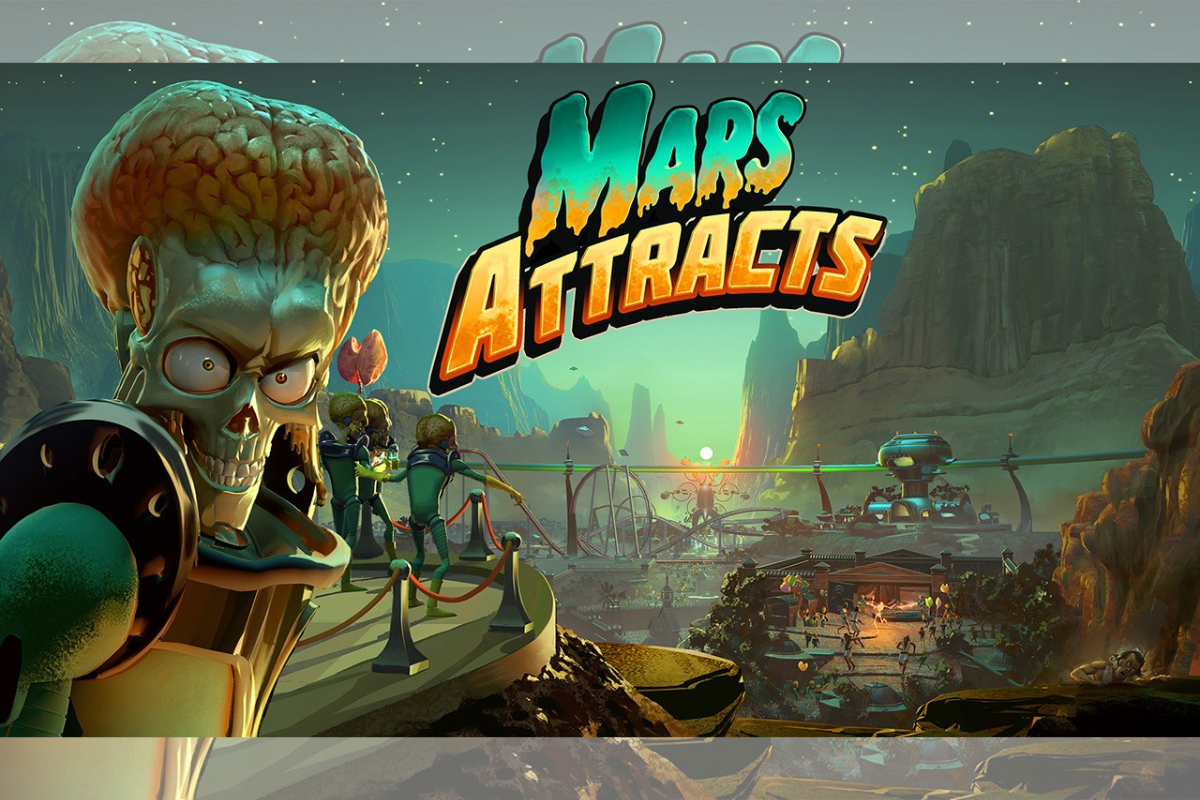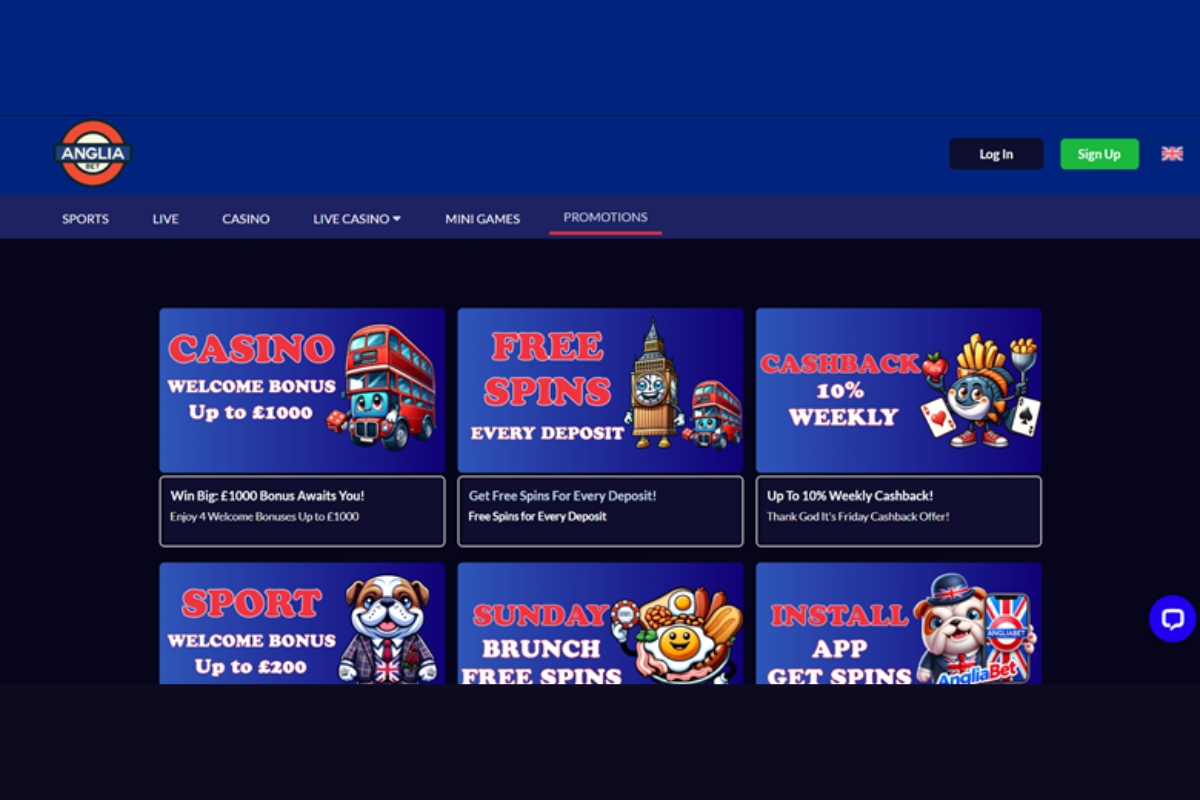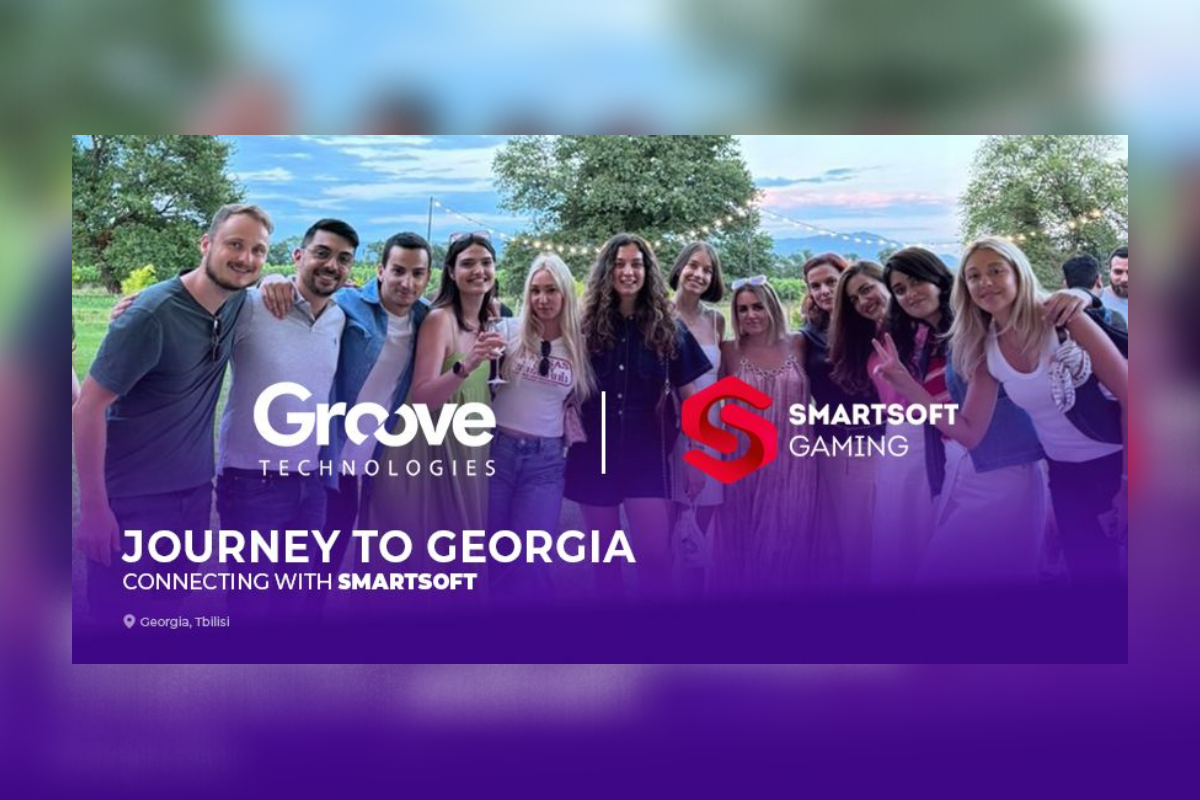eSports
Sexism in eSports

If you haven’t heard of eSports, you’re not alone. It’s largely a niche culture, but since the late 2000’s it has seen a large growth spurt particularly as professional gamers and spectatorship in these events saw a large surge in popularity. While organized online and offline competitions have been a popular part of videogame culture, now more than ever we are seeing more and more tournaments, live broadcasts and prize money for champion competitors.
eSports, by definition, are a form of competition facilitated by video games. According to various articles compiled by Wikipedia, “labeling video games as sports is a controversial point of debate. While some point to the growth in popularity of eSports as justification for designating some games as sports, others contend that video games will never reach the status of “true sports”. However popularity is not the only reason identified: some have argued that “careful planning, precise timing, and skillful execution ought to be what classifies an activity as sport, and that physical exertion and outdoor playing areas are not required by all traditional or non-traditional ‘sports’.”
In 2013, it was estimated that approximately 71.5 million people worldwide watched eSports. Demographically, Major League Gaming has reported viewership that is approximately 85% male and 15% female, with a majority of viewers between the ages of 18 and 34. Despite this, several female personalities within eSports are hopeful about the increasing presence of female gamers.
Team Digitas – made up of six top female gamers – are considered the best women’s team in North America and second best women’s team worldwide. In 2014, they joined together for a tournament in Paris without sponsors, paying out of their own pockets for the opportunity to compete. They all knew they wanted to compete professionally, so joined forces and came in second in that first tournament. Their next tournament, they came in first and have been seen as a serious force ever since. In 2016, they became the first U.S. eSports team to ever be backed by a professional sports team when the Philadelphia 76ers came calling. Team leader Emmalee “emuhleet” Garrido said that the fact that the 76ers didn’t once discuss them being a team of females was groundbreaking. She said, “that attitude, which promotes a passion for being perceived as a professional gamer first and foremost and a female second, is the big takeaway from this team.”
Despite the advancements being made, many female gamers don’t have such a positive experience. Oftentimes, women gamers hide their gender online so as not to experience pushback or discrimination from their male counterparts. While it does appear to be getting better as more and more women join in, it’s unacceptable for these professionals to be harassed because of their gender. According to an article on Compete.com, “Pro gamer Sherry Nhan also described the persistent harassment she has received online, such as gendered insults and disparaging comments about her looks. However, Nhan says that the fighting game community has always been welcoming to her when it comes to in-person interactions. Rachel “Seltzer” Quirico, a former pro gamer and current esports host, echoed that sentiment: “Whether you’re a sister or a brother in this scene, it’s very much a family feel for me.”
Anna Prosser – a former Miss Oregon USA – has been rising to the top of the field in recent years. She describes the eSports community as “intelligent forward-thinking, and well-meaning,” but also with “an undercurrent of sexism that often springs up in very destructive ways.” While male-dominated sport spaces is nothing new, Prosser and many others see a great future for women in eSports as long as the cultural awareness of the community continues to grow. And playing isn’t the only role within the eSports space either. There are opportunities for women to cast, create content and even run the business – all areas for women to break the glass ceiling in yet another up-and-coming sport.
The global eSports market generated $325 million of revenue in 2015 and is expected to make $493 million in 2016; the global eSports audience in 2015 was 226 million people. With this amount of success, eSports is certainly something to keep an eye on, but especially to root for more and more women in get involved – and succeed – in all aspects of the business.
-

 Latest News6 days ago
Latest News6 days agoPIN-UP Global Transforms into the RedCore Business Group
-

 Asia6 days ago
Asia6 days agoNew Indian Law Aims to Curb Online Money Gambling Sector, Prohibits Related Advertising
-
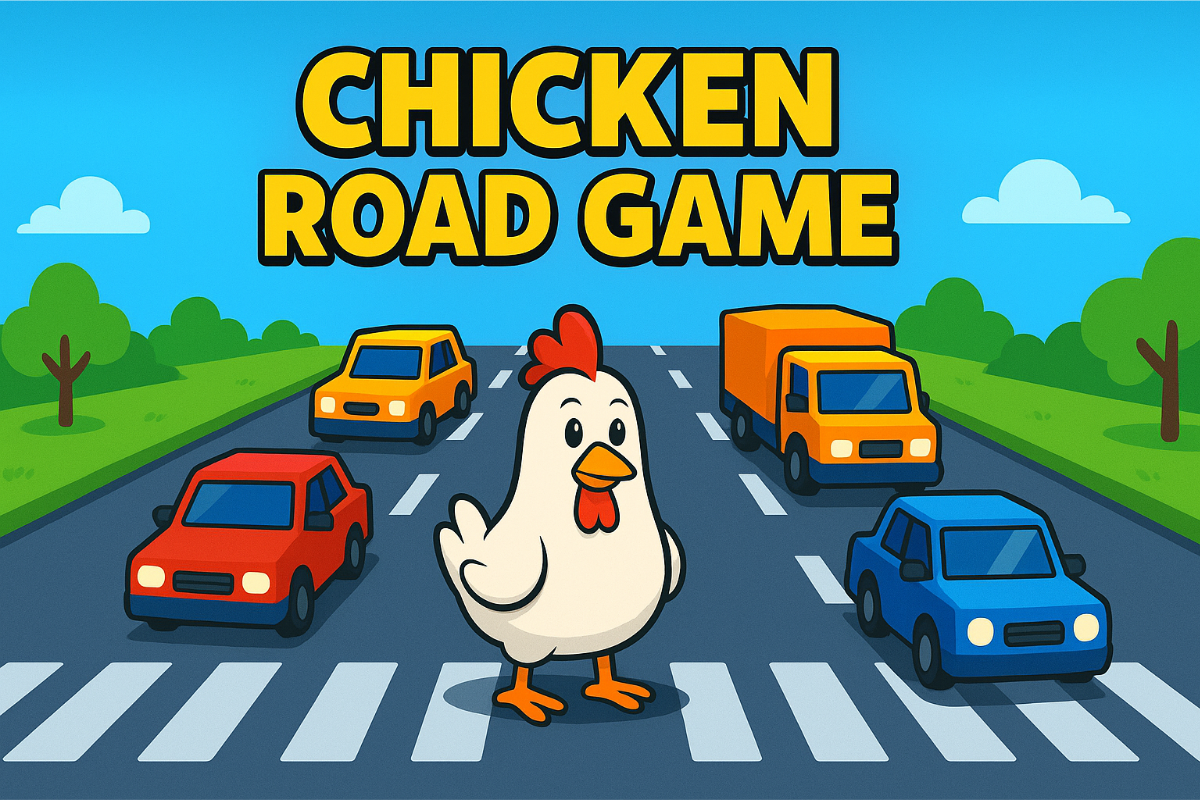
 Asia6 days ago
Asia6 days agoChicken Road Game Launches in India, Expands Mobile Gaming Catalogue
-

 Latest News6 days ago
Latest News6 days agoSOFTSWISS Wins Best Game Aggregator Award in Latin America
-

 Balkans6 days ago
Balkans6 days agoELA Games Partners With Superbet to Expand Offerings in Serbia
-

 Compliance Updates6 days ago
Compliance Updates6 days agoRomania Blocks 30 Unlicensed Gambling Websites
-
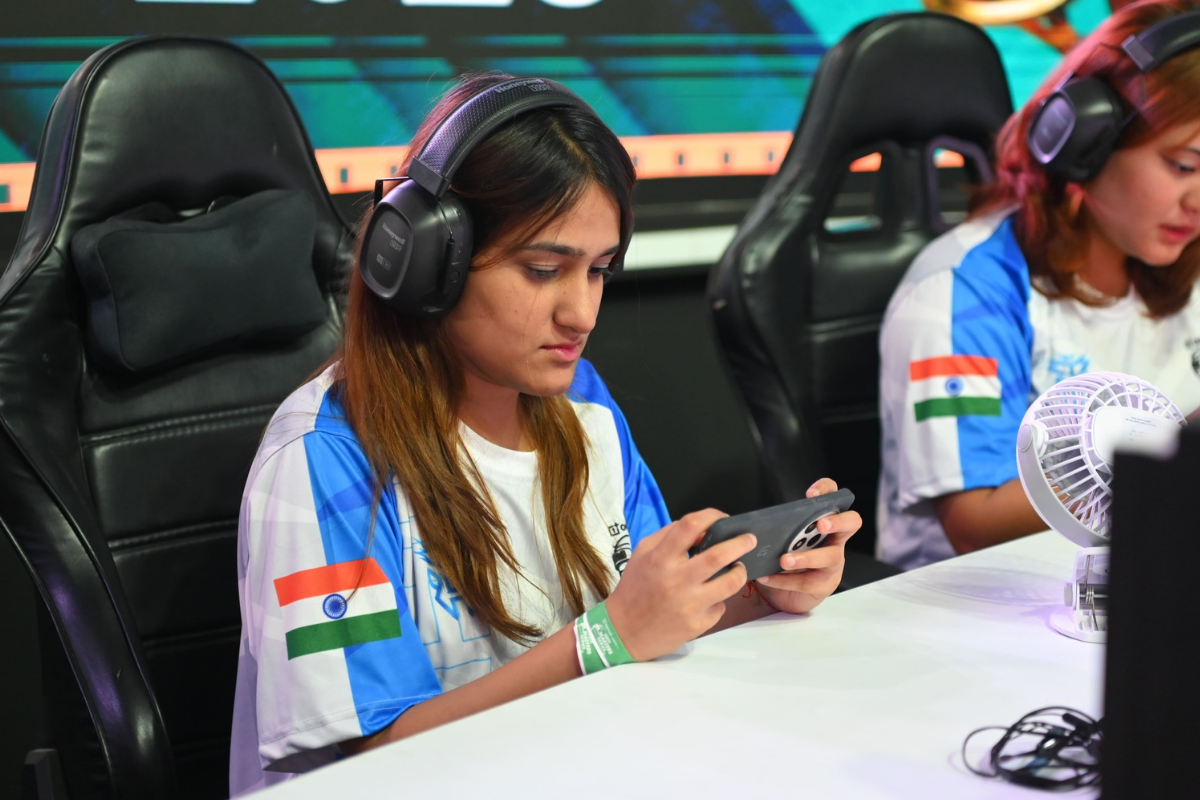
 Asia5 days ago
Asia5 days agoNational Sports Day: Why it’s time to see esports as a key pillar of India’s new-age sporting identity
-
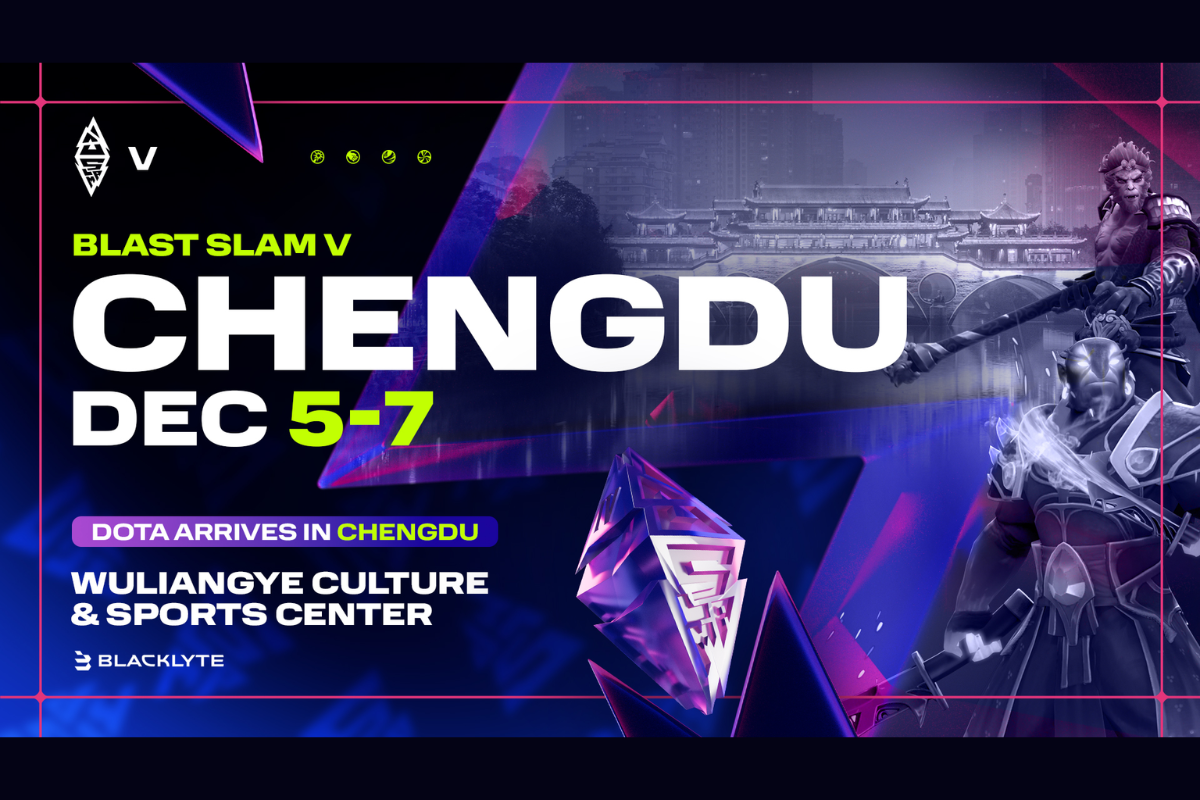
 eSports6 days ago
eSports6 days agoChengdu Set to Host BLAST Dota Slam Arena Event This December as Part of Three-Year Deal








